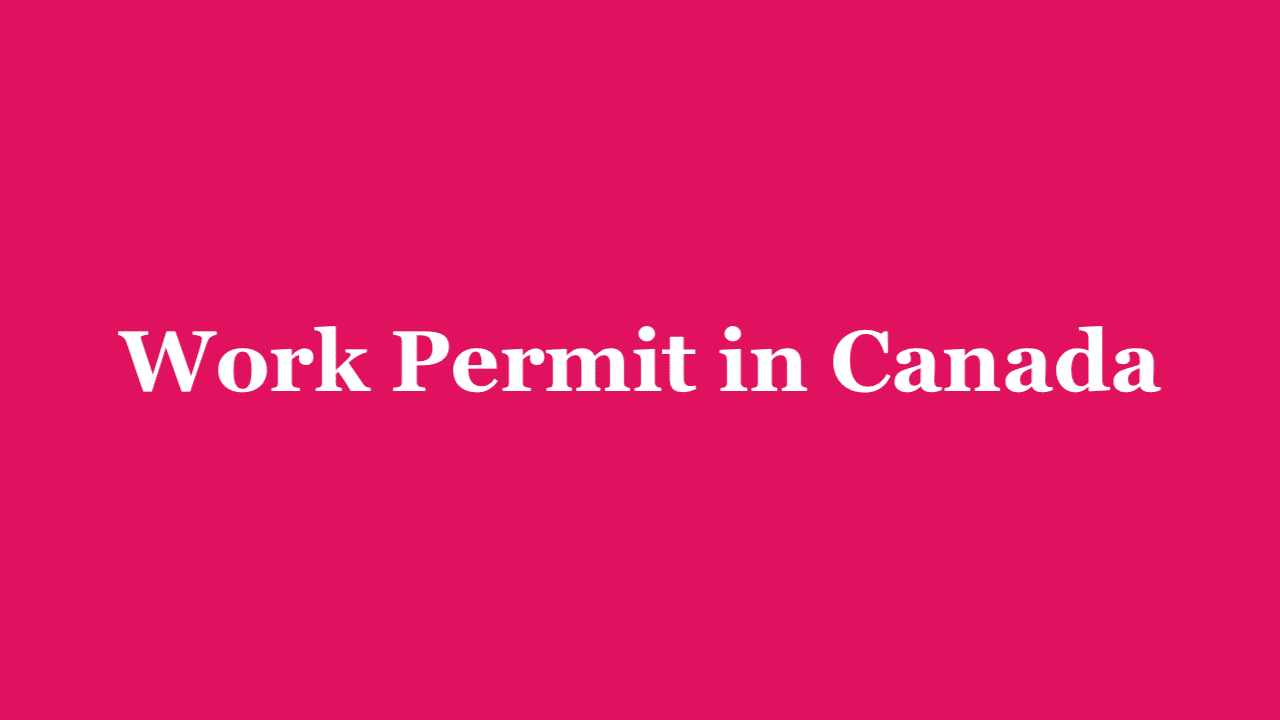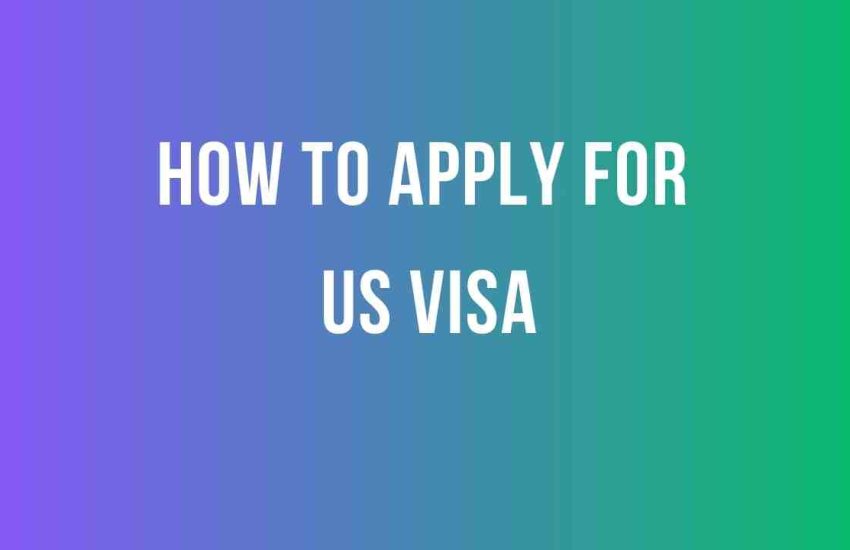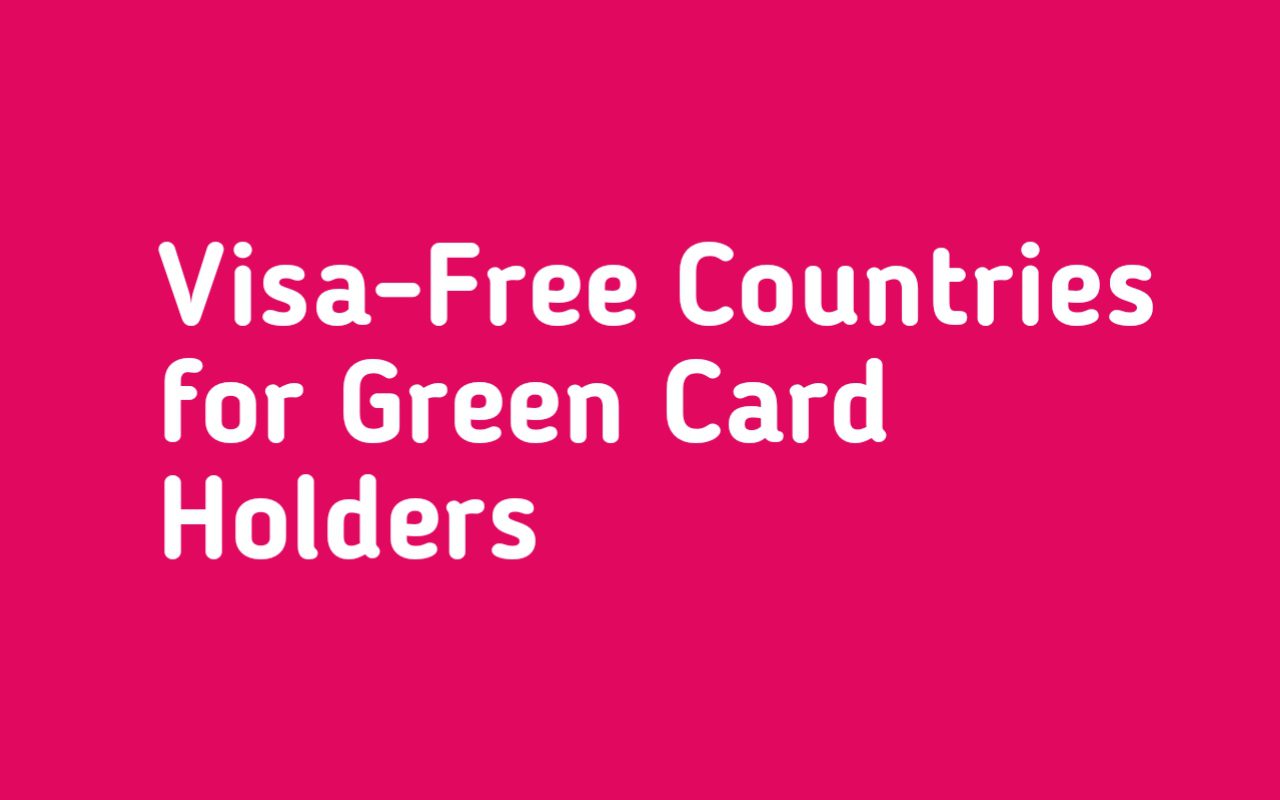Canada is renowned for its robust economy, abundant job opportunities, and competitive salaries, making it an attractive destination for foreign workers seeking employment. The Government of Canada has established various work visa programs to facilitate this influx of talent.
If you aspire to work in Canada, you will need a Canadian work permit, which enables you to secure employment or sign a work contract. The work permit application is typically submitted simultaneously with the visa application, and the Consular Office treats the visa application as a work permit application.
There are two primary pathways to obtaining a Canadian work permit:
- Temporary Work Visas
- Permanent or Immigrant Work Visas
This article will provide an overview of the Temporary Work Visa category.
Canada Temporary Work Visas: An Overview
A Canada Temporary Work Visa combines a Temporary Resident Visa (TRV) and a Work Permit. With a TRV, you can stay in Canada for up to six months, while the Work Permit allows you to work in the job you have already secured or search for employment.
It’s crucial to note that the Canada work visa is temporary and will expire after a few months or years, depending on the specific type you hold. After your Canadian work visa expires, you can either apply for a renewal or return to your home country. The maximum duration for temporary work in Canada, including all extensions, is four years. However, the exact duration varies based on your country of origin and your visa type.
It is essential to comply with the visa expiration date since staying and working in Canada without a valid visa exposes you to the risk of deportation, which may hinder future visa applications.
Who Needs a Temporary Work Visa for Canada?
If you intend to work in Canada and earn a salary, you must obtain a Temporary Work Visa or Work Permit. You need a work permit if the following criteria apply to your employment:
- Your primary place of work will be in Canada.
- You will receive your salary from a Canadian company registered as a business.
- You intend to be employed in Canada with a salary.
However, if your work activities are based outside Canada, and you visit the country for a short period for work-related purposes, you do not need a work permit. Certain visitor groups are exempt from obtaining a Canadian work permit, including:
- Foreign government workers.
- Foreign government representatives and their family members.
- Military personnel.
- Business visitors.
- Performing artists.
- Athletes and their team members.
- Judges, referees, or similar workers.
- Media crews and news reporters.
- Public speakers and convention organizers.
- Evaluators and examiners.
- Clergy.
- Health care students.
- Students working on campus.
- Civil aviation inspectors.
- Aviation accident inspectors.
- Emergency service providers.
- Expert witnesses and investigators.
- Researchers are working in Canada for a maximum of 120 days.
If you do not belong to any of these exempt groups, you must obtain a Temporary Work Visa and Permit.
Am I Eligible to Apply for a Canadian Work Visa and Permit?
To qualify for a temporary work visa in Canada, you must meet the eligibility criteria outlined by the Canadian government, including:
- Demonstrate a willingness to leave Canada and return to your home country upon your work permit’s expiration.
- Adhere to the conditions of your work permit, which may be open (allowing work for any employer) or specific (restricted to a single employer).
- Confirm that you will not engage in prohibited work, such as striptease services, erotic dance, escort services, or erotic massages, as determined by the government.
If you are applying for a work permit and visa from outside Canada (your home country), you must also fulfil the Temporary Visa requirements.
Alternatively, if you are applying from within Canada, you must also meet the following Canada work permit requirements:
- I possess a study permit or a work permit that will soon expire.
- Graduated from a Canadian educational institution.
- Hold a temporary resident permit valid for six months or more.
- I have applied for refugee status in Canada and am awaiting a decision.
- Already a refugee or protected person.
- Your refugee status application was denied, but you cannot leave Canada due to circumstances beyond your control.
Types of Temporary Work Visas for Canada
To cater to the diverse needs of foreign workers, the Government of Canada offers different types of Temporary Work Visas. Here are the four main work permits or work visas available:
1. Temporary Foreign Workers Program
The Temporary Foreign Worker Program is the standard temporary worker visa. It is issued to foreign workers who have received a job offer from a Canadian company and for which the company has obtained a Labor Market Impact Assessment (LMIA) from the Government of Canada.
2. Open Work Permit
The Open Work Permit is granted to foreign workers who have secured a job offer in Canada and allows them to switch employers. Unlike other work permits, the Open Work Permit is not employer-specific, providing greater flexibility for employment changes within Canada.
3. Working Holiday Visa
The Working Holiday Visa is specifically designed for young individuals from 30 eligible countries. This visa allows them to work and travel in Canada. The application process involves submitting an application and waiting for random selection to apply for a work permit.
4. Post Graduate Work Permit
The Post Graduate Work Permit is available to students who have completed a degree program at a Canadian educational institution and wish to stay in Canada for an extended period by working.
How to Apply for a Temporary Work Visa in Canada
If you are interested in obtaining a work visa for Canada, follow these steps:
Step 1: Secure a Temporary Job
Offer from a Canadian Company
Depending on the type of work permit you are applying for, you will typically need a job offer from a Canadian employer. You can switch employers once you arrive in Canada if you have an Open Work Permit. However, if you require an employer-specific permit, you must find a job before applying for the work visa.
To find employment in Canada, you can explore various online resources, visit job search websites, or engage in headhunting services specialising in the Canadian job market. Regardless of your approach, securing a job offer from an employer is a prerequisite for your work visa application.
Step 2: Obtain a Labor Market Impact Assessment (LMIA)
Once you have a job offer, the company that plans to hire you must apply for a Labor Market Impact Assessment (LMIA) from the Government of Canada. The LMIA serves as official authorization for the company to hire foreign workers.
During the application process, the company must demonstrate that hiring you will not deprive Canadian citizens or permanent residents of job opportunities. They must prove that no suitable, available, or qualified Canadian candidates are suitable for the position, justifying their need to hire a foreign worker. After receiving the LMIA, you can proceed with the work permit application.
Step 3: Submit the Work Visa and Permit Application
After the Canadian government issues the LMIA to your prospective employer, it’s time to submit your Temporary Work Visa application. This can be done online through the Government of Canada website or in person at any Canadian Consulate Office.
You must submit the required application forms and supporting documents during the application process. Consular officers will evaluate these documents, and they may request a medical examination and an interview to assess your eligibility and intent to return to your home country after the work permit expires.
To apply for a Canadian work visa, ensure you include the following application forms and supporting documents:
- Application forms:
- IMM 1295 – Application for Work Permit Made Outside of Canada.
- Schedule 1 – Application for Temporary Resident Visa.
- Family Information Form IMM 5645.
- Statutory Declaration of Common-Law Union IMM 5409 (if applicable).
- IMM 5476 – Use of Representative Form (if applicable).
- IMM 5475 – Authority to Release Personal Information to a Designated Individual (if applicable).
- Valid passport (valid for over six months beyond your planned entry into Canada).
- Photocopy of your passport and all its pages.
- Two photos meet the specified requirements.
- Proof of current immigration status (if your country of residence differs from your country of citizenship).
- A copy of the marriage certificate (if applicable) is required.
- Copy of children’s birth certificates (if applicable).
- Police record certificates demonstrate a clean criminal record and adherence to the law.
- Proof of sufficient funds to cover your stay in Canada and return to your home country.
- Resume or CV.
- Education diplomas and certificates.
- Valid job offer from your employer.
- LMIA document.
- If working in Quebec, a Certificate d’acceptation du Quebec (CAQ) is required.
Additionally, you may be asked to undergo a medical examination conducted by a licensed doctor designated by the Canadian Consulate.
Step 4: Attend the Canada Work Visa Interview
As part of the evaluation process, consular officials may request an interview to verify the authenticity of your documents and assess your eligibility. The interview aims to determine your intentions to return to your home country after your work permit expires. It is important to attend the interview as scheduled and respond to questions honestly.
Step 5: Wait for Processing
After submitting your Canadian work visa application, consular officers will process it and make a decision. The processing time varies depending on your country of origin, ranging from 3 to 27 weeks. Once a decision is reached, the officers will inform you whether you have been granted permission to work in Canada.
Step 6: Travel to Canada
If the Government of Canada approves your work permit, you can begin making travel and accommodation arrangements. Upon arrival at a Canadian Port of Entry (PoE), present your approved work permit and other required documents to the immigration officers. The PoE officers have the final authority to grant you entry into Canada and determine the duration of your stay. Remember that the PoE officers may issue a work permit with a validity period different from the duration of the initial visa. After the specified period, you must apply for an extension or return to your home country.
Canada Work Visa Validity
A Canada temporary work visa is typically valid for six months or less. Once it expires, you can apply for an extension or return to your home country. The total cumulative period for temporary work in Canada, including all extensions, cannot exceed four years. However, the exact duration of extensions depends on decisions made by the Canadian Consulate.
Fees for the Canada Work Visa
You must pay application fees when applying for a work permit and visa. The work permit fee is CAD$155, which must be paid for each application or extension. For an Open Work Permit, the fee is CAD$100.
Bringing Dependents with a Canada Work Visa
The Canadian government permits individuals with a work permit to include their immediate family members in the application. Spouses, common-law partners, and minor children can accompany you to Canada under a family application. Ensure you include their relevant documents when submitting your application.
Applying for Permanent Residence with a Canada Work Visa
While a temporary work visa in Canada does not directly qualify you for permanent residence, you can apply for permanent visas while in Canada. Some relevant options include:
- Canadian Experience Class (CEC)
- Provincial Nominee Program (PNP)
- Live-In Caregiver Program
Eligibility criteria apply to these visas, and while approval is not guaranteed, having work experience in Canada can facilitate the application process.
Canada Work Visa Extension
As the work visa is temporary, lasting six months or less, you can apply for an extension before it expires if desired. To be eligible for a work visa extension, you must fulfil one of the following conditions:
- Sign a new work contract with your employer and obtain a new Labor Market Impact Assessment (LMIA).
- Have your employer pay the employer compliance fee and provide a new job offer.
You can choose between online and paper applications to apply for a work permit extension. Online applications require creating an account on the IRCC’s website, where you will find the necessary document checklists, application forms, and guidelines. Paper applications involve downloading the application package, completing the forms, printing, signing, gathering the required documents, paying the fees, and mailing the application to the designated address.
The documents and forms required for a work permit extension include:
Forms:
- Application to Change Conditions, Extend my stay, or Remain in Canada as a Worker (IMM 5710)
- Use of a Representative (IMM 5476)
- Authority to Release Personal Information to a Designated Individual (IMM 5475)
- Statutory Declaration of Common-Law Union (IMM 5409) if applicable
Documents:
- Similar documents to those required for a Visitor Record extension
- Copy of the Labor Market Impact Assessment (LMIA) and job offer letter, if applicable
- If no LMIA, include the Offer of Employment number from your employer
- Additional documents depending on specific circumstances, such as a Certificat d’acceptation du Quebec (CAQ) for working in Quebec or proof of health insurance for International Experience Canada (IEC) participants
Suppose you are extending a work permit for a spouse or common-law partner. In that case, additional documents will be required to support their application, such as proof of employment and the work permit of the primary foreign worker.
Conclusion
Obtaining a work permit in Canada is a detailed process, but with the right documentation, eligibility, and adherence to the application requirements, you can increase your chances of success. Remember to prepare all necessary forms and supporting documents, fulfil the eligibility criteria, pay the required fees, and follow the application instructions meticulously. By doing so, you can navigate the Canadian work visa application process effectively and position yourself for a rewarding work experience in Canada.



